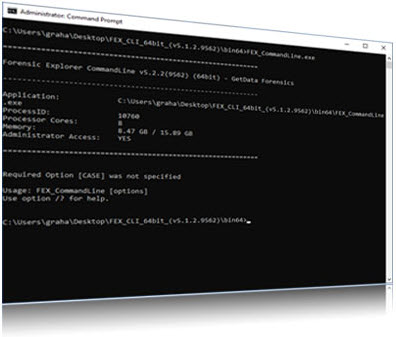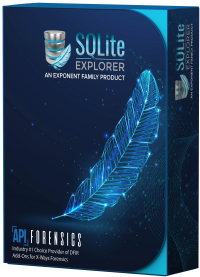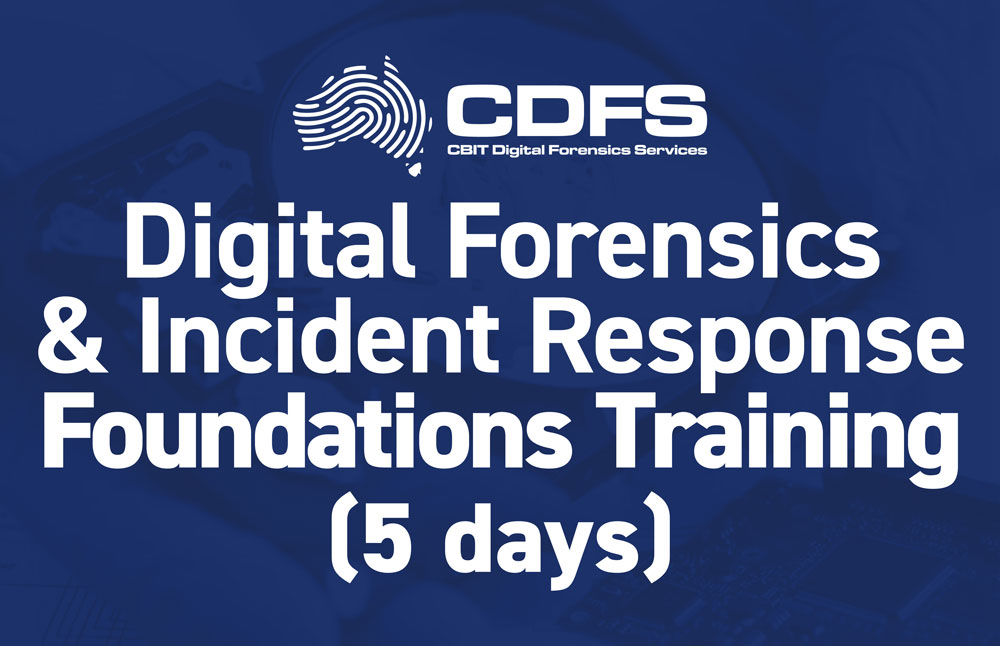
About FEX CLI™
The Forensic Explorer Command Line (FEX CLI) is a forensic data processing engine used for computer forensics and electronic discovery. The FEX CLI can be run on a single workstation to an enterprise level virtual environment spawning multiple simultaneous processing instances. FEX CLI offers:
- Speed
- Flex-ability
- Repeat-ability
- Expand-ability
FEX CLI can automate all standard forensic processing tasks, including: signature analysis, hash verification, hash match, file carve, registry triage, metadata extraction etc.
It utilizes XML task files to customize processing. It interfaces directly with a programming language for ultimate flexibility. Data can be exported from all common forensic file formats directly to disk or to be ingested by third party e-discovery platforms. It can also export data directly into a L01 image file.
The FEX CLI can be launched from a stand-alone folder and from portable storage devices. It can be used for such purposes as forensic triage.
Contact us for more information or a demonstration for your organization.
Key Features
| Fast: | CLI processing speed if significantly faster that processing in GUI applications. |
| Multiple Concurrent Instances: | Initiate multiple simultaneous processing instances (requires multiple licenses). |
| Case File Output: | Creates a Forensic Explorer case file that can be opened directly with the Forensic Explorer GUI. |
| Portable: | The FEX CLI can be launched from a stand-alone folder and from portable storage devices. |
| Batch Process: | Batch sequence processing jobs. Compatible with both CMD and PowerShell. |
| Front End Independent: | Front end applications (Python, HTML5, etc.) can interface directly with CLI commands. |
| Inbuilt Forensic Processing Tasks: | Inbuilt functions include:
|
| Remote: | Can be configured to process remote devices running the FEX servlet. |



